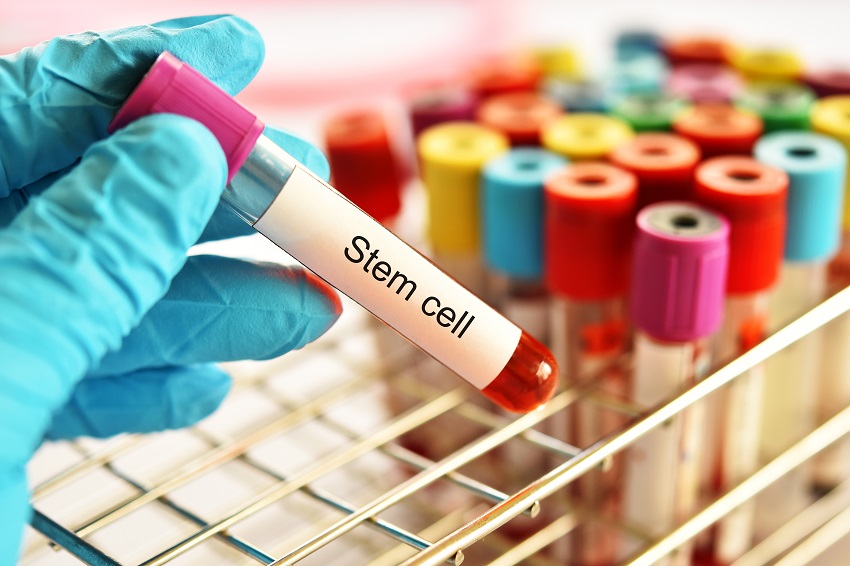Is Cord Blood Banking Necessary?

Is Cord Blood Banking Necessary?
Cord blood banking is becoming more popular by the day, but not all people are familiar with it. What is it? And How does it work, exactly? Traditionally umbilical cords were thrown away. But these days, medical professionals harvest blood from them for future use.
In this article, you will learn why cord blood banking is necessary. You can also locate a doctor, hospital or insurance near you for help with treating blood disorders.
What Is Cord Blood Banking?
Cord blood banking entails the collection and storage of blood from the umbilical cord after a baby is born. The blood is collected and sent for testing and processing before it is stored. The collection process is quite simple and only takes a few minutes to complete.
How Is Cord Blood Collected?
The collection is done right after delivery. After cutting and clamping the umbilical cord, a syringe is inserted into the umbilical veins to draw out blood. The collected blood is then transported to a cord blood bank and stored in frozen liquid nitrogen (after testing and processing).
This procedure has to be planned ahead because not all hospitals are equipped to collect blood. A blood test has to be done, a consent form signed, and you’ll also need a blood collection kit ordered beforehand.
There are two types of banking for cord blood:
-
Public Banks
Public banks collect and store cord blood for use by anyone in need, or for research purposes. The collected blood units are anonymously marked, then sent to public banks.
This service is voluntary; no charges are expected for it.
-
Private Banks
Private banks, like Insception Lifebank Cord Blood, collect and store cord blood for use by the family.
There’s a fee associated with private banking. The average cost for initial processing and the first year of storage can range between USD$1000 – USD$2500 and after that, it can cost USD$100 – USD$300 annually.

What Can Cord Blood Be Used For?
Cord blood is rich in blood-forming stem cells, which can be used to treat multiple diseases. Cord blood can be used in treatments for various cancers, sickle cell disease, anemia, and immune system disorders.
Cord blood stem cells eliminate the possible side effects of other treatment methods like chemotherapy or radiation. Stem cells from bone marrow can also be used to treat some of these diseases, but it’s hard to collect the bone marrow stem cells compared to cord blood stem cells.
Over 50,000 cord blood transplants have been performed, and there are still more people waiting for donors. If you have a blood-related disease, cord blood stem cells are the go-to solution to help with treatment. The transplanted stem cells will go on to create new blood cells, which will boost your body’s immune system.
The odds of finding a perfect match in your family is low, but finding a match is easier when you have access to public banks.
The Benefits of Cord Blood
-
Cord Blood is Always Accessible
Storing cord blood in public banks makes it available and accessible to anyone who might need it. You can also store blood in private banks to always make it accessible if you need it for your child.
-
No Risk for Mother and Child
There’s no risk posed to the mother or child when collecting cord blood. After delivery, the leftover blood is collected from the placenta which is not attached to the baby at this point.
-
Ease of Collection
Collecting cord blood is an easy process compared to other sources of stem cells. Cord blood collection can be done in both natural and C-section births and is also not harmful in any way to the mother or child.
-
Stem Cells are Young and Primitive
Stem cells obtained from the baby’s umbilical cord are younger compared to other sources of stem cells like bone marrow, which can be obtained from older people. This makes cord blood stem cells grow other healthy cells in the body faster.
-
Lower Risk of Graft vs Host Disease
There may be instances where transplanted cells can attack the host’s tissues when the donor and recipient are not related. Cord blood can help minimize the risk of such attacks happening.
-
Autologous Transplants are Assured
An autologous transplant is where the donor and recipient are the same people. You won’t need to match cord blood to your baby’s blood if you save their cord blood at birth. While the odds of finding a match may be low, your baby’s cord blood is a guaranteed match—even later in life.
Final Thoughts
Cord blood banking is necessary as it has been shown to treat diseases such as cancer and auto-immune deficiencies effectively. It’s a personal and perhaps controversial decision to make, but if you have blood disorders in the family, the banking cord blood will be a good investment for the future health of your child.

